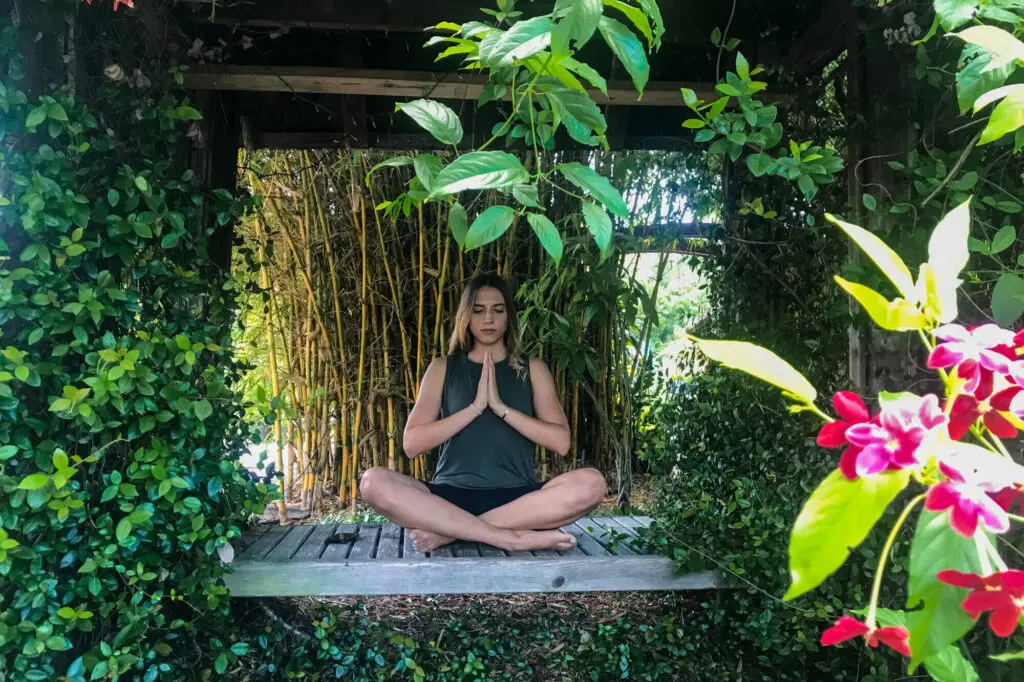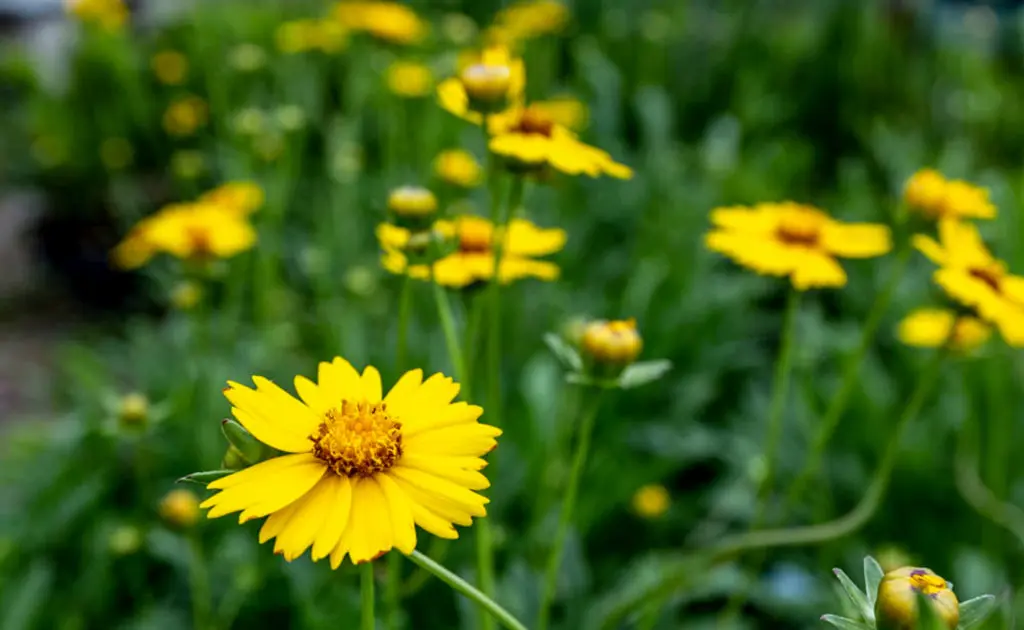by Amanda Rose Newton
Before the trend of getting outside for improved mental well-being, gardening for peace of mind was a well-researched, though poorly-implemented therapy.

Florence Nightingale was an early supporter, creating therapeutic gardens to improve the surrounding of her patients to reduce stress. The recent desire for opportunities to “nature bathe” has stirred interest in horticulture therapy and the age-old practice of working in the garden.
Spring gardening season is just around the bend, as for us Floridians that really begins right after Valentine’s day. If taking care of yourself was one of your new year’s resolutions, the simple act of buying plants and choosing a new pot or a perfect place in the yard is a simple way to connect with nature and feel more grounded.

If you are a part of one in eight Americans without access to a garden, research indicates that houseplants can give you the same warm and fuzzy feelings associated with the outdoors.
What Science Says About Gardening
More than 400 new articles on the power of green in mental care were published in reputable journals in the year 2022. The consensus among the publications was that gardening offers therapeutic benefits to most participants currently engaging.
The University of Florida completed a study following women who had never gardened before and took a twice-a-week gardening class for several months. At the end of the study, the women reported lower levels of anxiety, depression, and stress than they had previously endured. The women had no existing medical or mental health issues which suggests that the benefits reported from gardening can be helpful to anyone, regardless of health status.

Gardening involves physical movement, coming up with solutions, planning, and art, all of which happen to be used in traditional therapy programs. The practice of gardening is adaptable to anyone at any age and is an affordable option to help improve emotional, behavioral, and physical health.
Working in gardens may also lead to a lifelong hobby that one is always learning from which keeps both the mind and body happy.
Green Goodness
Why are plants integral to mental health? While this question does not offer one-size-fits-all answers, there are many suggestions that hint at our early relationship with plants as part of it.
As a species, we relied on plants for survival! They provide us with fiber for clothing, building materials, and food. Without plants, we would not have been able to accomplish so much! It seems natural that being surrounded by them would make us feel a bit safer and more secure. Think of it as nature’s security blanket.
The fact that plants are constantly pumping out oxygen all day and we happen to need that gas to live is also not lost in the research. Poor air quality is associated with higher mortality, depression, and anxiety while the simple act of being in a room with plants helps to alleviate all three.
Even if you are stuck with only houseplants, you are still getting much of the same benefits offered by getting out into the garden.
Plants also happen to be beautiful and are candy to our eyes! The flowers, fruits, and colors that plants present to us by design make us feel better. Plants can stimulate the release of happy chemicals, like dopamine that help us feel relaxed and more at ease. Our surroundings play a bigger role than we might think in crafting how we feel and how productive we are. By placing plants in your workspace, you are creating a mini connection with nature, which can bring a sense of peace and prosperity to you when getting outside is not a possibility.
If you want to practice your own form of green therapy, there are many ways to start! If you are new to gardening and hesitant to hit the ground running, consider taking one of our basic gardening classes. You will leave with a sense of confidence and knowledge, both of which also contribute to overall mental health. Remember, you do not need a garden to reap the benefits! Even a small air plant or succulent can be enough to capture the green effect.
References:
Raihani NJ. Bshary R. A positive effect of flowers rather than eye images in a large-scale, cross-cultural dictator game. Proc Biol Sci. 2012;279:3556–64
Raymond Odeh, Elizabeth R. M. Diehl, Sara Jo Nixon, C. Craig Tisher, Dylan Klempner, Jill K. Sonke, Thomas A. Colquhoun, Qian Li, Maria Espinosa, Dianela Perdomo, Kaylee Rosario, Hannah Terzi, Charles L. Guy. A pilot randomized controlled trial of group-based indoor gardening and art activities demonstrates therapeutic benefits to healthy women. PLOS ONE, 2022; 17 (7)
Richardson EA. Pearce J. Mitchell R. Kingham S. Role of physical activity in the relationship between urban green space and health. Public Health. 2013;127:318–24


